Pregnancy Related Skin Conditions
Specialized Dermatological Care for Pregnancy-Related Skin Conditions
During pregnancy, hormonal changes can significantly affect the skin, leading to conditions that require specialized attention. At the Skin Surgery Center, our experienced team understands the unique challenges of pregnancy-related skin issues, including melasma, pruritic urticarial papules and plaques of pregnancy (PUPPP), and gestational pemphigoid.
Melasma, often called the "pregnancy mask," involves hyperpigmentation that commonly appears on the face. PUPPP manifests as itchy red bumps, primarily on the abdomen, while gestational pemphigoid is a rare condition characterized by blistering and intense itching.
Our dermatologists provide personalized and safe treatments for these conditions, focusing on the well-being of both expectant mothers and their developing babies. Treatment options may include topical medications, lifestyle modifications, and specialized skincare regimens tailored to alleviate symptoms and improve skin health.
If you're experiencing skin concerns during pregnancy, schedule an appointment at the Skin Surgery Center for an expert evaluation and customized care plan. Our dedicated team is here to enhance your skin's health and comfort throughout your pregnancy journey.
Examples of Pregnancy Related Skin Conditions
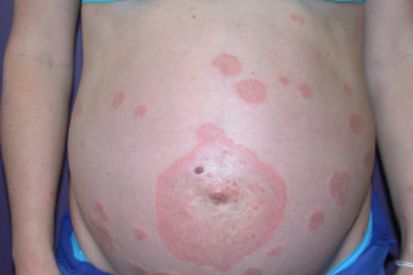
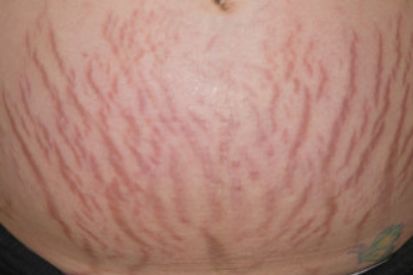
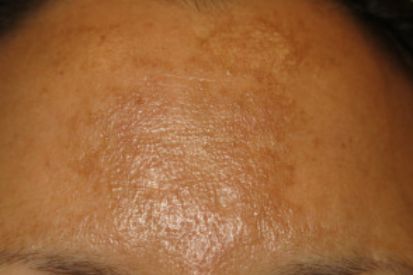
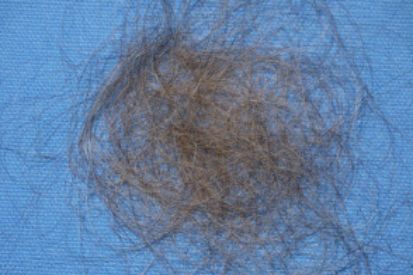
What are the Symptoms of Pregnancy Related Skin Conditions?
- Melasma (Chloasma)
- Hyperpigmentation on face, often referred to as "pregnancy mask."
- Dark patches or brown spots on the skin.
- Pruritic Urticarial Papules and Plaques of Pregnancy (PUPPP)
- Itchy red bumps or hives, usually on the abdomen.
- Spread to other areas of the body.
- Gestational Pemphigoid
- Blistering or urticarial rash, often around the abdomen.
- Itching and burning sensations.
What are the Causes of Pregnancy Related Skin Conditions?
- Hormonal Changes: Fluctuations in hormones, particularly estrogen and progesterone.
- Genetic Predisposition: Family history of skin conditions may increase susceptibility.
- Increased Blood Flow: Enhanced blood circulation during pregnancy can affect skin appearance.
- Immune System Changes: Altered immune responses during pregnancy may contribute.
- Stretching of Skin: Physical stretching of the skin as the abdomen expands.
- Unknown Factors: Some conditions may not have clearly defined causes during pregnancy.
How to Prevent Pregnancy Related Skin Conditions
Recognizing that each pregnancy is unique, with individual factors influencing skin conditions, consulting a dermatologist for personalized guidance and interventions tailored to specific concerns is recommended.
Pregnancy Related Skin Conditions FAQs
Pregnancy can bring various skin changes, including darkening of the skin (chloasma), stretch marks, and changes in moles. These are often due to hormonal fluctuations and increased blood flow.
Yes, acne can be more prevalent due to hormonal shifts. However, not all acne products are safe during pregnancy. Consult with a dermatologist to identify pregnancy-safe skincare to manage acne without harm.
Linea nigra is a common pigmentation line that appears on the abdomen during pregnancy. It's caused by hormonal changes and usually fades after childbirth.
While it's challenging to prevent stretch marks entirely, keeping the skin moisturized with creams and oils can help minimize their appearance. Dermatologists can recommend safe products for pregnant women.
Most skin treatments and cosmetic procedures are best avoided during pregnancy. Always consult with a dermatologist or healthcare provider before undergoing any procedures to ensure they are safe for you and your baby.
Mild itching is common due to stretching skin, but severe or persistent itching could be a sign of a liver condition called cholestasis. If concerned, consult a dermatologist or healthcare provider.
Break Free from Skin Struggles
How to Treat Pregnancy Related Skin Conditions
- For PUPPP, management includes topical ointments, antihistamines, and oral steroids, often resolving after childbirth.
- Prurigo of Pregnancy is treated with topical ointments, oral medications, antihistamines, or steroids, typically resolving within three months post-delivery.
- Pemphigoid Gestationis, featuring blistering lesions and severe itchiness, may require corticosteroids, antihistamines, or immunosuppressive drugs due to the risk of pre-term delivery and fetal health issues.
Featured Blogs
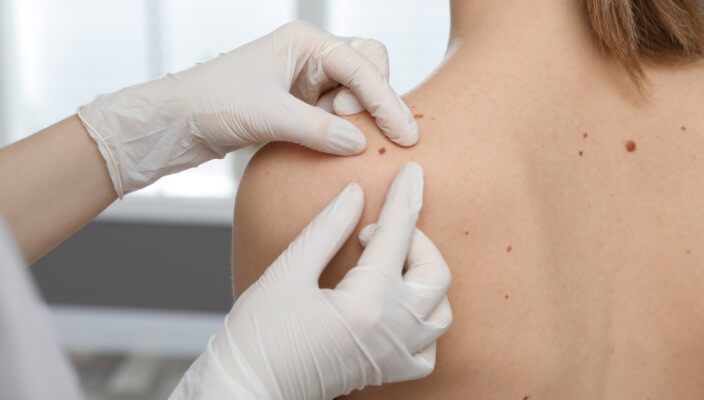
- Skin Cancer
- General Dermatology
- Skin Exams
Navigating the landscape of Total Body Skin Exams: Uncover the comprehensive process, understand why it matters for skin health, and gain insights into what to expect during these essential dermatological examinations.
Read More
- General Dermatology
- Skin Exams
- Chronic Skin Conditions
Explore our comprehensive guide to gain insights into accurate diagnosis and expert care for chronic skin conditions.
Read More
- General Dermatology
- Skin Care
- Chronic Skin Conditions
Pregnancy brings about numerous changes to a woman’s body, and among these can be the unwelcome appearance of acne.
Read MoreFeatured Products for Pregnancy Related Skin Conditions
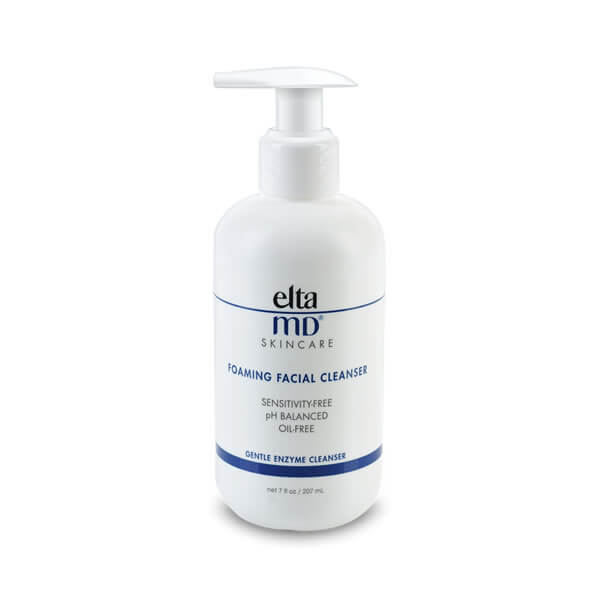
EltaMD Foaming Facial Cleanser 3.38 oz , 7 oz
Give your skin a fresh start with EltaMD Foaming Facial Cleanser. A gentle enzyme and amino acid blend loosens makeup, oil and other impurities on the skin and in the pores. The thick, rich foam gently cleanses leaving your skin feeling clean and balanced.
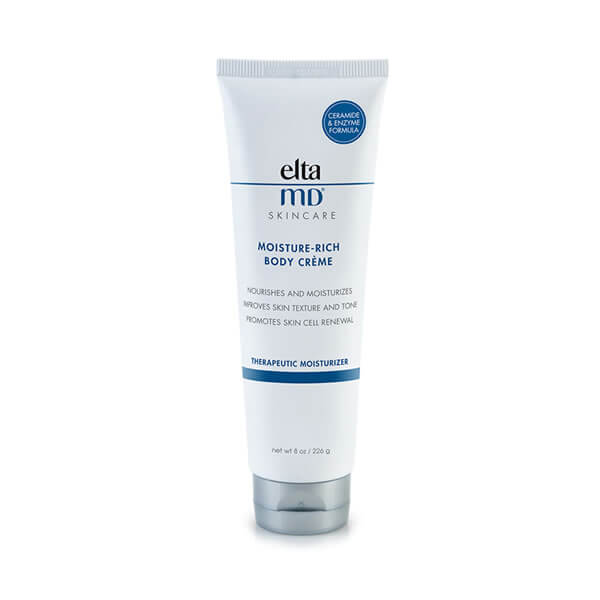
EltaMD Moisture-Rich Body Cream
EltaMD Moisture-Rich Body Crème infuses compromised and dry, flaky, sensitive skin with long-lasting moisture and essential nutrients. It is the ideal daily moisturizer to help achieve and maintain softer, smoother, healthy-looking skin. 8 oz / 226 g


